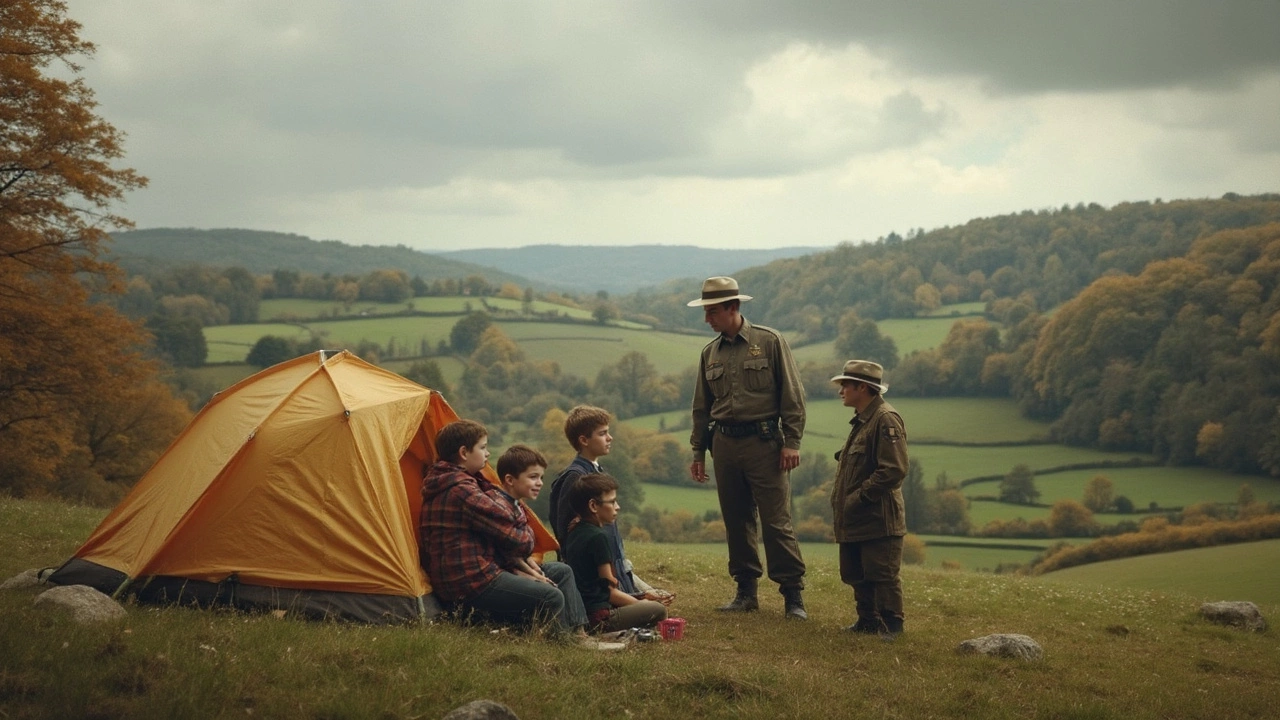Camping Legality UK: Quick Guide to Staying Legal
If you’re thinking about setting up a tent, caravan, or motorhome in the UK, the first question is usually “is it legal?” The short answer: it depends on where you are, what you’re doing, and a few simple rules. In this guide we’ll break down the main points you need to check so you can enjoy your adventure without getting a notice.
Where Can You Camp Legally?
Most private land owners welcome campers, but you need permission. Look for signs, ask the landowner, or book a designated campsite. Public parks are a common grey area. In England and Wales you generally need a permit from the local council to camp overnight in a public park. Some parks allow “overnight stays” during special events, but it’s always best to call ahead.
Wild camping is another hot topic. In Scotland the right to roam lets you camp almost anywhere as long as you follow the “Leave No Trace” code. In England, Wales, and Northern Ireland it’s not a blanket right. You can legally wild‑camp on most Crown land (like parts of the National Trust) if you get permission, and you can pitch discreetly on remote moorland for a night or two, but you must respect private property and avoid causing trouble.
Motorhome and Caravan Rules
Driving a motorhome adds a few extra layers. You can park on most lay‑bys for a few hours, but staying overnight often requires a designated motorhome site or a camper‑van friendly campsite. Some towns have “wild motorhome” bans, especially near beaches or protected areas, so check local council websites before you settle in.
If you’re using a caravan, the same rules apply: you need a legal spot with access to waste disposal facilities. Many “boondocking” spots are illegal if they lack proper sanitation, and you could face a fine for dumping waste improperly.
Finally, remember the basics: always leave the site cleaner than you found it, keep noise down, and respect any signage. A quick “Can I camp here?” to a groundskeeper can save you a lot of hassle.
By following these simple steps—checking land ownership, getting permission when needed, and respecting local rules—you’ll enjoy the freedom of UK camping without any legal surprises. Happy camping!
